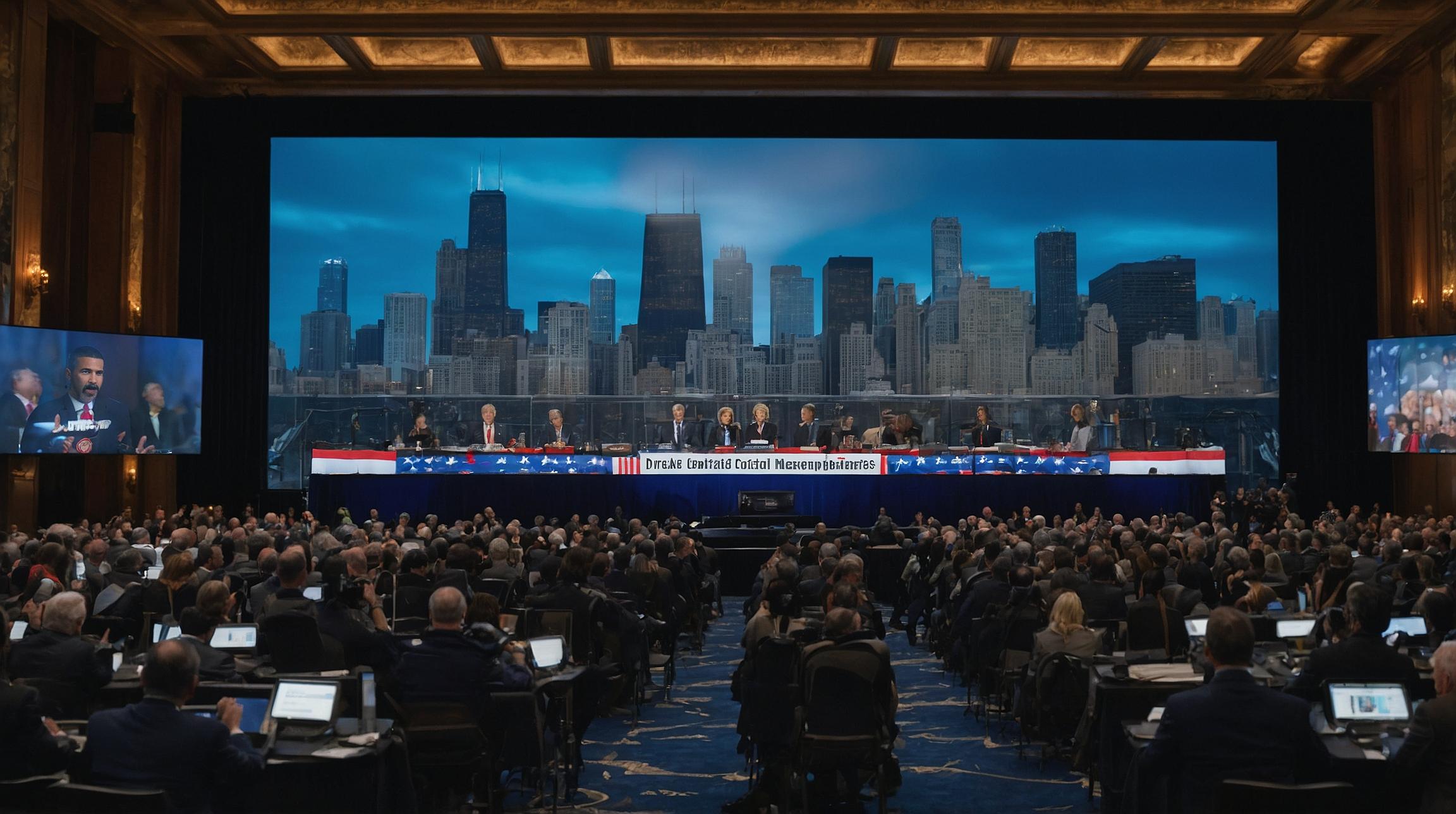Microsoft Raises Awareness on AI-Driven Election Threats
As the Democratic National Convention unfolds in Chicago, Microsoft is spotlighting a potent threat to global elections: artificial intelligence. On the convention's opening day, the tech giant is hosting a luncheon at The Drake Hotel focusing on the dangers of deepfakes—deceptive images, videos, and audio created using AI technology.
Ginny Badanes, general manager of Microsoft's Democracy Forward Program, emphasizes the global ramifications and opportunities posed by AI in elections. "While the U.S. election is our immediate focus due to its significance," she explains, "it's crucial to reflect on major elections worldwide." Notably, a troubling deepfake incident occurred in Slovakia, where a fake recording of a political candidate rigging an election emerged just days before voting, leading to the candidate's narrow defeat.
Deepfake Incidents in U.S. Politics
The impact of AI-driven deepfakes is not confined to Europe. Last year's Chicago mayoral election saw candidate Paul Vallas targeted by an audio deepfake, falsely portraying him endorsing police violence. Such incidents underscore the growing need for both technological and governmental intervention to combat deepfakes and inform the public.
Microsoft's event aims to empower women, often disproportionally targeted by deepfakes and online harassment, by teaching them to identify deceptive AI content and report it. These efforts are underpinned by a broader initiative to regulate and combat deepfakes in politics.
Tools and Support for Political Campaigns
For candidates concerned about being deepfaked, Microsoft offers support and tools to counter misinformation. One such tool is a content-integrity marker, a free resource for political campaigns to authenticate their images and videos with labels, ensuring their legitimacy.
The training session, sponsored by All In Together, mirrors a similar event at the Republican National Convention and emphasizes the importance of equipping women against AI-harassment.
AI's Involvement in Current U.S. Elections
AI technology has already influenced current U.S. presidential elections. Notably, President Joe Biden was targeted by manipulated videos before he stepped down from his reelection bid. A deepfake robocall in New Hampshire, falsely using Biden's voice, resulted in legal actions against the perpetrator.
Incidents like these highlight AI's capacity to spread misinformation and its potential impact on political stability.
Foreign Influence and Real-World Implications
Microsoft's recent report warns of foreign actors, particularly from Russia, Iran, and China, using AI to meddle in U.S. elections. These efforts include video forgeries and cyberattacks aiming to sow discord and undermine trust in electoral systems. For example, Iranian actors have been accused of impersonating activists to exploit political unrest.
The broader context of these AI capabilities extends beyond elections, with potential to exacerbate societal divides and instigate chaos.
Monitoring and Mitigating Risks
Welton Chang from Pyrra Technologies, an expert on disinformation, notes increased chatter around the convention, hinting at potential foreign exploitation of political flashpoints. His vigilance underscores the ongoing need to monitor and mitigate AI-driven threats during such critical events.
By raising awareness and providing resources, Microsoft and its partners aim to equip individuals and political entities with the knowledge and tools to combat AI-fueled misinformation, ensuring the integrity of democratic processes worldwide.













